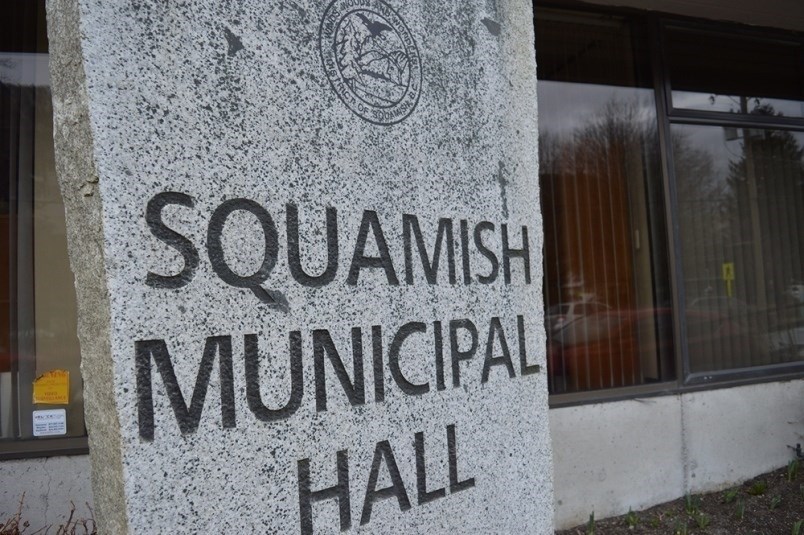There’s a pattern in politics—with both politicians and constituents—where issues that leaders have little to no control over are spoken about as if they do.
Case in point, individuals who previously ran for council strongly opposed an LNG facility coming to Squamish.
While their opinions are their right, if citizens had the impression they could stop it, this was never within local governments’ control. Council could improve the project through municipal powers, perhaps, but it was ultimately a provincial and Sḵwx̱wú7mesh Úxwumixw (Squamish Nation) decision.
Munis play an important role in our lives, including supplying clean water, garbage collection, fire and police protection, street lighting, libraries, recreational facilities and parks, local roads, water and sewer systems, and economic growth planning.
But, as the Canadian Encyclopedia states, “The relationship between a province and its municipalities is one of superior and subordinates; not of equals. Municipal governments have no constitutionally recognized existence. They are creations of the provinces, which assigns to them certain duties and responsibilities.”
Recently, folks rallied the council demanding action on the Israel-Hamas war.
As Coun. Jenna Stoner said, influencing foreign affairs is outside her scope as a municipal councillor.
This doesn’t mean politicians shouldn’t have opinions on events that matter, but let’s be frank: no muni councillor from Squamish is going to greatly influence a war being fought 10,776 (by plane) kilometres away.
(Canada ended up voting in favour of a non-binding resolution calling for a ceasefire at the United Nations on Tuesday.)
But citizens often put pressure where they can, asking lower-level authorities to drive outside their lane.
Sanjay Jeram, a senior lecturer in political science at SFU, told The Squamish Chief that the targeting of where people lay blame has a lot to do with signalling from the various governments. Because our federation was not constructed to be so regional, it is easy for lines to blur, he says.
Citizens see politicians blame other levels of government for their inability to act, so this leads to confusion of who is responsible for what.
“In Canada, the problem is a sort of hot potato because the Constitution doesn’t really define a lot of powers,” he said. “[Some] politicians use that abstract nature of the Constitution as a political tool, right? If I can score political points by blaming or sort of putting this off my plate, then I will.”
People get frustrated by the back and forth and just want action on an issue that they are passionate about, so they target wherever they can be heard.
The closest authority to the average citizen is their municipal council.
Jeram said political education in public schools is lacking and so residents don’t learn where government power truly lies.
As citizens, though, it benefits us to spend the time to understand where the decisions are made.
Here are a few places to start:
•Structure of federal government
•Understanding government in B.C.
•The Government of British Columbia




